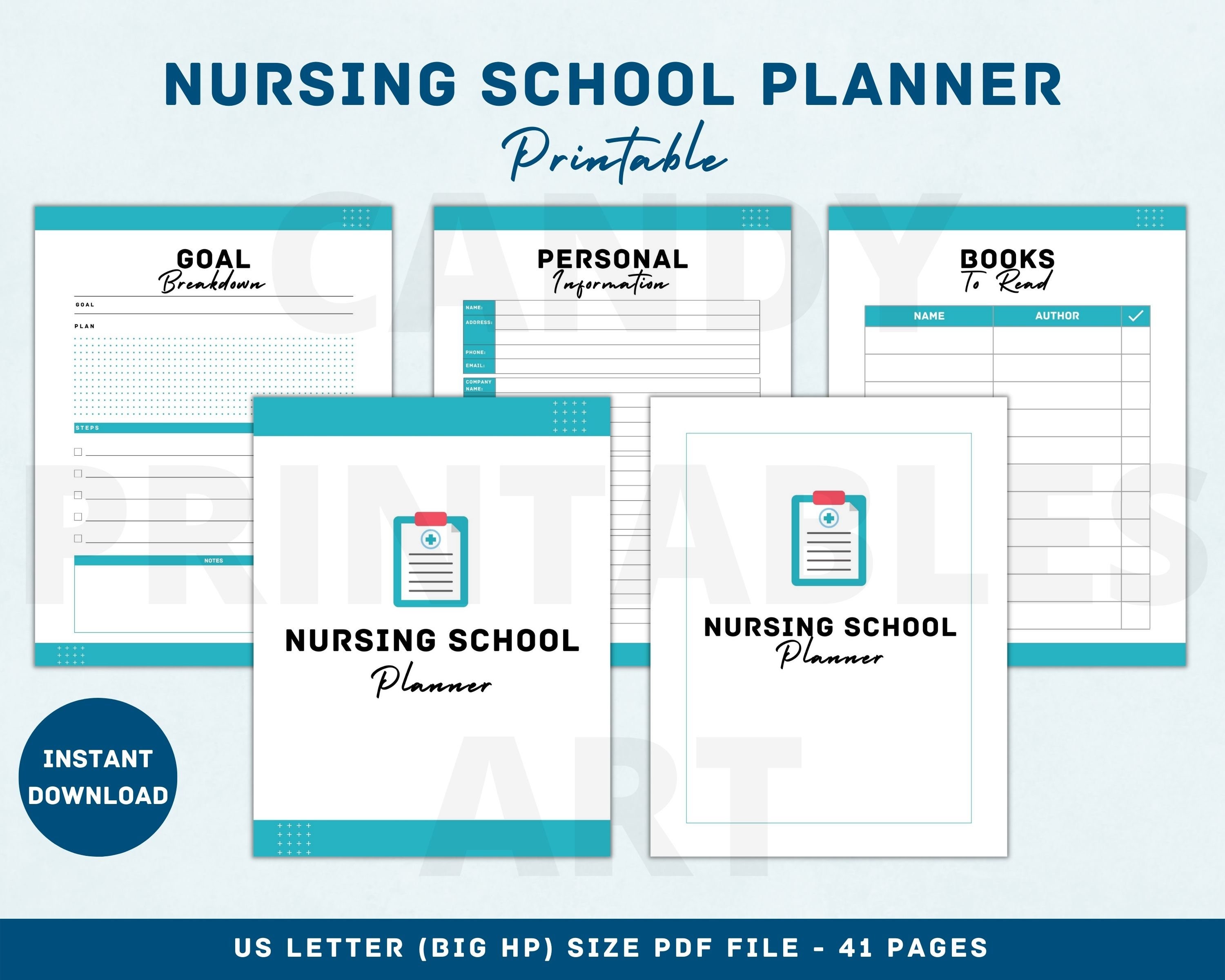Magento Expert Forum - Improve your Magento experience
-
 Time Management Techniques for Online Classes
Time Management Techniques for Online Classes
The rapid shift towards online education has posed various challenges for students, chief among them being how to effectively manage time. In a world where structure is less apparent and distractions are just a click away, mastering time management techniques becomes crucial. This blog explores the importance of time management in online learning environments and provides actionable techniques and tools to help you excel without the confines of a traditional classroom.
Introduction to Time Management in Online Learning
Time management in online classes isn’t just about sticking to a schedule; it’s about optimizing your learning experience so that you can achieve more with less stress. Online education offers the flexibility to learn at one’s own pace, which, while beneficial, can also lead to procrastination and disorganization unless properly managed.

Balancing the demands of daily life with the requirements of online classes can be a significant challenge for many students. If you find yourself struggling to keep up or just need extra support to excel in your courses, consider seeking help with online class. This service provides tailored assistance to meet your specific educational needs, from one-on-one tutoring to comprehensive course management. With this support, you can enhance your understanding, improve your grades, and successfully navigate the complexities of your educational journey.
The Importance of Time Management in Online Learning
Self-Discipline and Motivation
Effective time management boosts self-discipline by imposing a structure that one must adhere to. It helps in cultivating a routine that, once established, can significantly enhance one’s motivation to stick to study plans, thereby promoting better academic performance.
Flexibility vs. Structure
Online classes offer flexibility, allowing students to learn at their own pace and time. However, this flexibility should not be mistaken for a lack of structure. Incorporating a structured schedule within this flexible learning model is key to managing time effectively.
Effective Time Management Techniques
Setting Clear Goals
Start by setting clear, achievable goals. Whether it’s completing a chapter a day or dedicating specific hours to revising lecture notes, clear goals provide direction and a sense of purpose.
Prioritization
Understanding what tasks are most important and urgent is crucial. Prioritization involves assessing the value of each task and aligning them with your overall academic goals.
Creating a Study Schedule
Design a realistic study schedule that fits into your daily life. It should allocate time for classes, study sessions, breaks, and personal activities, ensuring a well-balanced routine.
Time Blocking
Time blocking is an effective way to dedicate specific chunks of time to different activities. This technique not only helps in reducing the overwhelm of large tasks but also aids in minimizing distractions.
Avoiding Procrastination
Identify what triggers procrastination and address these triggers. Setting smaller, more manageable tasks can help maintain momentum and prevent the paralysis of overwhelm.
Tools and Resources for Time Management
Digital Planners and Calendars
Utilize digital planners and calendar apps to keep track of your schedule, deadlines, and exams. These tools are particularly useful in sending reminders and helping plan.

For those in the field of nursing education, the demands of writing detailed research papers can be daunting. Thankfully, there's no need to face these challenges alone. By utilizing a nurs fpx 4050 assessment 2, you can access expert assistance that will help streamline the process of crafting well-researched and professionally written papers. This can be a vital resource for students who are looking to elevate the quality of their work and achieve academic success in a highly competitive field.
Time Tracking Apps
Time tracking apps can provide insights into how you spend your time and help adjust your habits accordingly. They are great for ensuring that you're dedicating enough time to each of your priorities.
Case Studies
This section could explore several real-life examples of students who have successfully managed their time in online learning settings, highlighting the techniques they used and the outcomes they achieved.
Conclusion
Effective time management is key to succeeding in online classes. By setting clear goals, prioritizing tasks, and utilizing the right tools, students can enhance their learning efficiency and achieve their educational objectives with greater ease.
FAQs
- What is the best time management technique for beginners in online learning?
The best time management technique for beginners in online learning is creating a structured daily schedule that includes specific times for studying, breaks, and other activities. - How can I differentiate urgent tasks from important ones?
You can differentiate urgent tasks from important ones by considering their deadlines and impact on your long-term goals, focusing on what needs immediate attention versus what contributes most to your overall objectives. - What are some common time management mistakes online students make?
Some common time management mistakes online students make include failing to set clear priorities, underestimating the time needed for tasks, and succumbing to distractions easily, which can hinder their productivity and progress in their studies. - How do digital planners differ from traditional planners?
Digital planners differ from traditional planners by offering features like reminders, syncing across devices, and easy editing, while traditional planners are physical and require manual updates. - Can time management techniques differ based on the type of online course?
Yes, time management techniques can differ based on the type of online course due to varying course structures, workload, and individual learning styles, necessitating adaptable strategies for optimal efficiency.
View more threads in the same category:
-
 Posting Permissions
Posting Permissions
- You may not post new threads
- You may not post replies
- You may not post attachments
- You may not edit your posts
-
Forum Rules





 Reply With Quote
Reply With Quote
Bookmarks